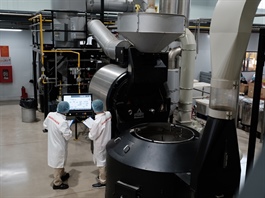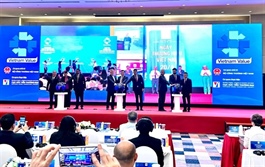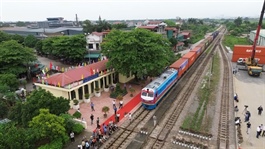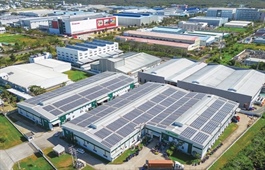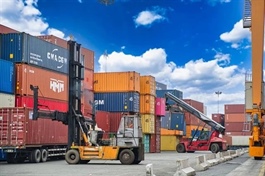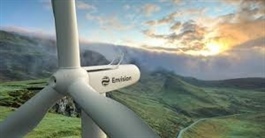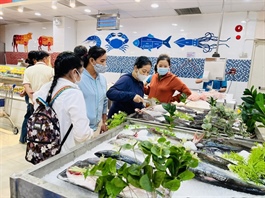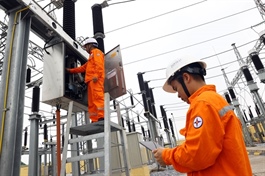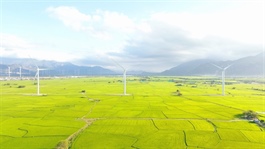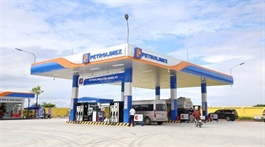Trade and climate change links require strengthening
Trade and climate change links require strengthening
While Vietnam is struggling with many challenges due to climate change, trade policy needs strong adjustments to encourage adaption, especially in directly affected areas such as agriculture and industry.
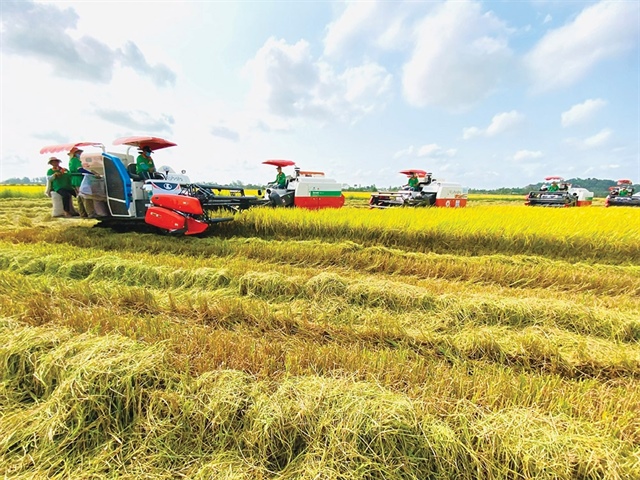
Climate change directly affects agricultural production and resources Photo: Le Toan |
At a workshop last week on climate change adaption, experts said that the links between trade and climate change was still weak.
Vietnam is an open economy with high trade integration and is heavily affected by climate change. However, participants said that adaptation factors had not been highlighted in Vietnam’s current trade policies, especially in consumer goods production, exports, and trade services.
Katharina Sophie Schmidt, policy advisor at the International Institute for Sustainable Development (IISD), said, “Climate change is directly affecting agricultural production, available resources, energy demand and consumer tastes, leading to changes in supply and demand of goods in many fields.”
However, she said that trade can contribute to climate change and heighten vulnerability to its effects by increasing emissions from transport, encouraging carbon leakage to countries with weaker regulations, and driving the overexploitation of natural resources. It can also lead to environmental degradation tied to export-oriented production and increase reliance on certain imports, leaving countries more exposed to trade or climate shocks.
Governments are introducing new regulations to encourage sustainable development and increase resilience to climate change impacts, which can impact the costs and trade of some goods. A noteworthy example is the green policies of the European Union, including the latest regulations that goods’ origin must not cause deforestation or the carbon border adjustment mechanism.
“However, in Vietnam, climate change adaptation has not yet been fully integrated into trade policy, especially in the consumer goods, export and trade services sectors,” she said. “It is difficult for businesses and farmers to access the technologies, products and services needed to cope with the increasingly obvious impacts of extreme climate.”
On the positive view, trade policies can support adaption by building resilience through economic prosperity and job creation, she said. Economic growth through trade can fund investments in adaptation, and job creation supports households’ adaptive capacities.
Trade policies can contribute to managing imports and exports strategically by diversification to reduce dependencies and exposure to climate risks. Trade facilitates adaption to climate-induced changes in comparative advantage. Trade policies can speed up recovery after climate shocks.
Mai Kim Lien, deputy director of the Department of Climate Change under the Ministry of Agriculture and Environment, said that trade can become a powerful tool to support climate change adaptation efforts.
“Despite its great potential, Vietnam’s current trade policies still have gaps in integrating climate change adaptation. Therefore, it is necessary to integrate climate change adaptation into new-generation free trade agreements to connect trade and climate change adaptation more closely and effectively,” she said.
Vietnam has a national adaptation plan (NAP) with the goal of reducing vulnerability and risks to negative impacts from climate change, minimising losses and damages, and encouraging the integration of adaptation into related strategies and planning. Implementing adaptation priorities in the NAP is an important time to strengthen the linkage.
Anne Hammill, vice president of the IISD, emphasised that Vietnam has been deeply integrated into global trade but has also been vulnerable to climate risks. “Adaptation is not an option, but a must,” she said.
In the agricultural sector, climate change directly impacts food production and disrupts the supply chain of raw materials for many industries, especially export goods. International trade can enable Vietnam to find out crop varieties and livestock that are resistant to extreme weather, water-saving technologies, and infrastructure needed for adaptation in the agricultural sector.
The NAP has outlined 27 priority tasks for agriculture. Specific actions can start with the transfer of goods such as crop varieties and livestock adapted to climate change, environmentally friendly fertilisers and pesticides, water-saving irrigation systems, advanced agricultural technology and equipment, as well as aquatic breeds, animal feed and aquatic veterinary medicine.
The NAP also highlights hydrometeorological forecasting and natural disaster warning systems, climate risk assessment, consulting on adaptation solutions, climate risk insurance, agricultural extension and training on transfer and application of adaptation technology.
Hammill raised an example of trade barriers to adopt goods and services from another country, like rainwater harvesting tanks and gutters. As agriculture is mostly rain-fed in developing countries that crops rely on seasonal rains rather than on irrigation, these adaptation goods are fundamental to store water in times of need.
An IISD analysis of the import tariffs applied by a group of developing country members of the WTO on rainwater harvesting tanks and gutters showcased that there is space for trade policy adjustments like lowering import tariffs of rainwater harvesting tanks and gutters or its components, such as plastic storage tanks, gutters and pipes, and filtration and purification systems.
“Lowering import tariffs on adaptation goods such as rainwater harvesting tanks and gutters, or its components, has the potential to increase its adoption and uptake by farmers in the developing country members of the WTO,” Hammill said.
In Vietnam, she proposed promoting trade policies to directly support cooperatives, farmers and small- and medium-sized enterprises from importing technology, accessing green finance, to expanding markets for adaptive agricultural products.
“In addition, transparency of value chains and ensuring the supply of raw materials is also an indispensable part of the long-term strategy,” she added.
- 11:35 17/04/2025



